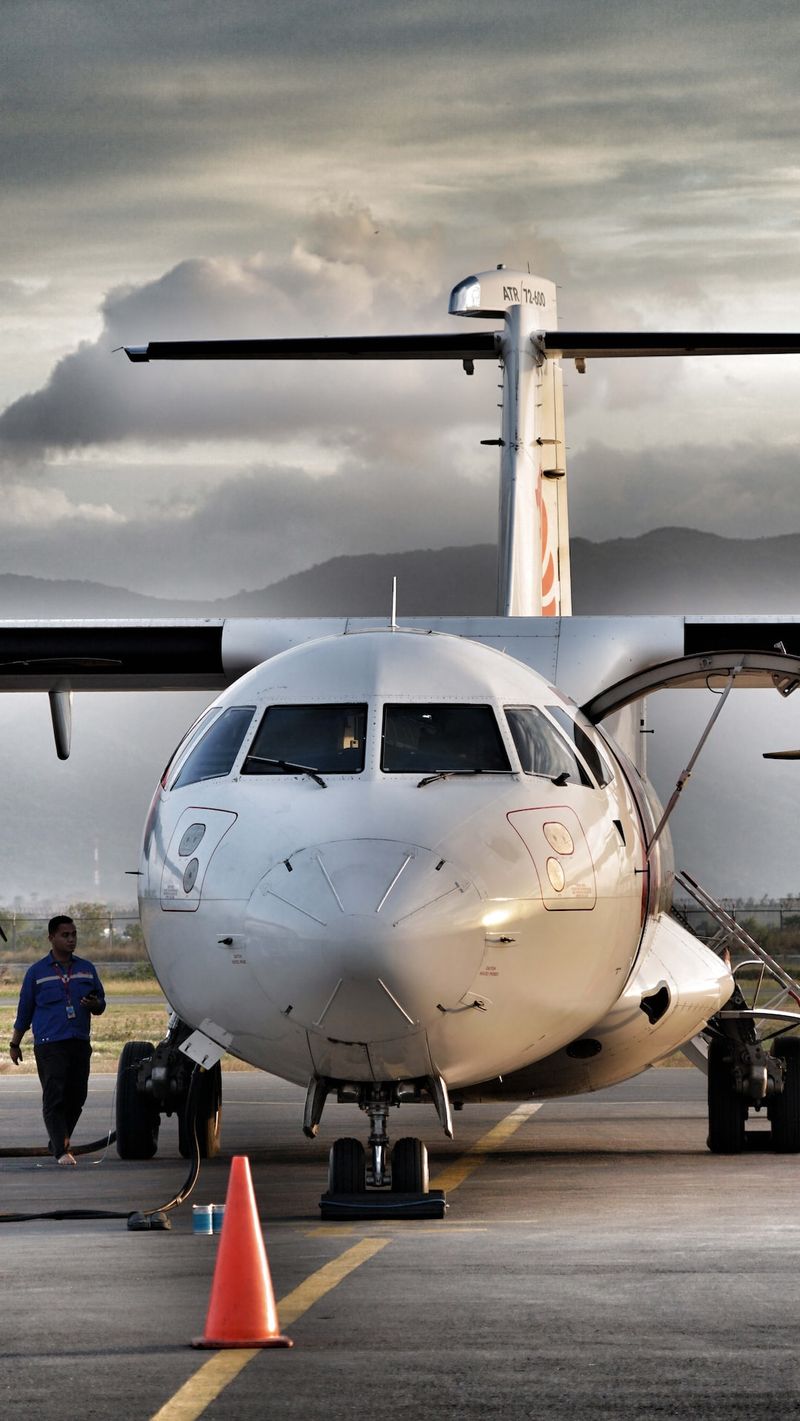A test of wills: Can ECOWAS reverse Niger coup and establish a new order?
Tinubu’s resolve for democracy
On July 9, President Bola Tinubu of Nigeria, after being appointed chairman of the Economic Community of West African States (ECOWAS), made it clear that the West African region would not tolerate any more coups. Tinubu emphasized the importance of democracy, stating that there is no governance, freedom, or rule of law without it. However, just 15 days after his appointment, Niger‘s presidential guard detained President Mohamed Bazoum and announced a change of government, marking the fourth coup in West Africa in as many years. Tinubu swiftly denounced the coup and dispatched a delegation for mediation. In addition, he chaired an emergency ECOWAS summit that resulted in the imposition of sanctions and an ultimatum to restore constitutional order in Niger.
Analysts have noted Tinubu’s assertiveness as a sign that Nigeria is reasserting its geopolitical leadership in Africa, following a period of relative absence. Tinubu’s strong stance is seen as an attempt to bolster his international standing, particularly as he faces growing unpopularity at home, with his victory in the presidential election being contested and economic challenges affecting the country.
The challenge for ECOWAS
ECOWAS has been criticized in the past for its lack of strong responses to previous coups in the region, such as those in Burkina Faso, Guinea, and Mali. Now, with the coup in Niger, the regional bloc faces a significant test. Can ECOWAS reverse the coup and establish a new democratic order in Niger?
One concern is whether ECOWAS can match its threats with action. While Nigeria has historically contributed significantly to regional peacekeeping forces, internal conflicts within the country have diminished its military capacity. A Nigerian-led intervention in Niger could prove to be a delicate balancing act for Tinubu, who is still without a cabinet. The challenge lies in both Tinubu’s ability to get something done in reality and his ability to create the perception that he is taking effective action. Tinubu’s assertiveness may be more successful on the image management side than in achieving concrete results.
There are also geopolitical considerations. Nigeria shares a border with Niger, and the security of both countries depends on stability in the region. Instability in Niger could have ripple effects for Nigeria, particularly in areas already plagued by insecurity and armed groups. Furthermore, Niger is a partner in the Nigeria-led joint force fighting armed groups in the Lake Chad region. A military response in Niger could potentially impact the effectiveness of this joint force.
The importance of intervention
While there are concerns about the potential risks and challenges of intervention, there are also reasons why ECOWAS cannot afford to stand idly by. The Sahel region has experienced a rise in terrorist attacks and a displacement crisis, with millions of people affected. Failure to intervene in Niger could lead to further deterioration of the security situation and the potential expansion of armed groups. ECOWAS has a responsibility to protect its member states and ensure stability in the region.
This intervention in Niger could be a defining moment for ECOWAS and Tinubu’s leadership. The success or failure of their response will not only impact Niger but also set a precedent for future political interventions across Africa. It is crucial that ECOWAS leaders join forces and set an example in order to deter future coup attempts and maintain democratic stability.
Advice for ECOWAS
ECOWAS must prioritize swift and decisive action in response to the coup in Niger. The bloc should coordinate with regional and international partners to ensure a united front against the coup plotters. Diplomatic efforts should be intensified to pressure the military government to restore constitutional order and hand over power to a civilian-led government.
However, military intervention should be a last resort and carefully considered to avoid exacerbating the security situation in the region. It is essential to balance the need to restore democracy with the potential consequences of military confrontation. ECOWAS should explore diplomatic and economic measures, such as targeted sanctions and diplomatic isolation, as alternatives to military intervention.
In addition to addressing the immediate crisis, ECOWAS must address the underlying issues that contribute to political instability and coups in the region. This includes addressing economic challenges, promoting good governance, and strengthening democratic institutions. ECOWAS should provide support and assistance to member states in implementing reforms to ensure political stability and the rule of law.
Ultimately, the success of ECOWAS in reversing the coup and establishing a new order in Niger depends on the collective will and determination of its member states. It is a test of ECOWAS‘s credibility as a regional organization and its commitment to democracy and stability.

<< photo by Gülşah Aydoğan >>
The image is for illustrative purposes only and does not depict the actual situation.
You might want to read !
- ECOWAS’ Threat to Restore Democracy in West Africa: Exploring the Implications and Challenges of Using Force
- West African Leaders Vow Action as Niger Faces Coup Threat
- West Africa Regional Bloc Threatens Military Action Against Niger Coup Leaders: French Support Sought
- Battle of the World’s Best: High Stakes in Women’s World Cup Matches Today
- USA vs Portugal Ends in Stalemate: A Play-by-Play of the Women’s World Cup 2023 Clash
- Interest Rates in Canada Expected to Remain High Until 2025: Insights from Former BoC Official
- Toronto Blue Jays vs Baltimore Orioles: Early Offensive Surge Lifts Blue Jays in Predicted Win
- Stephen Amell Calls Out Frustration over Actors’ Strike: “I Stand with my Colleagues”




